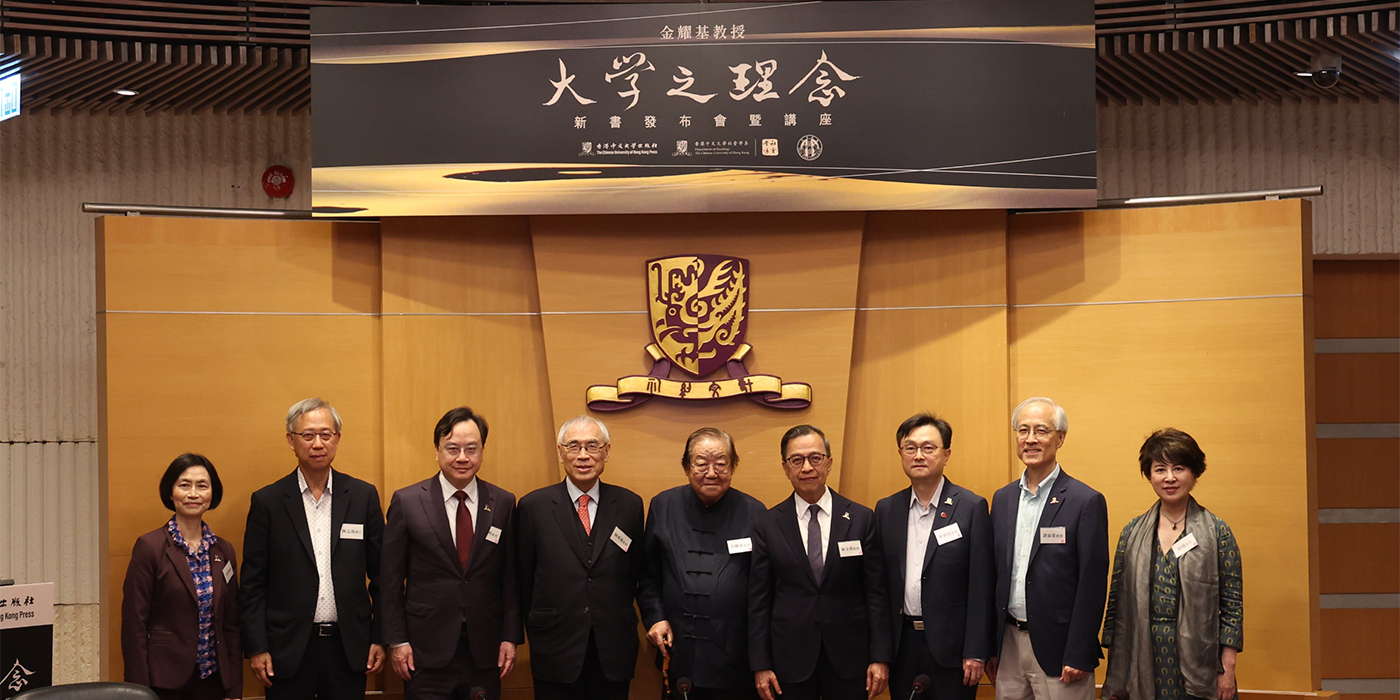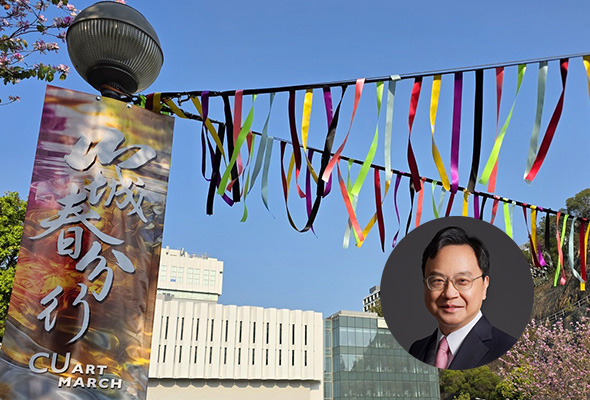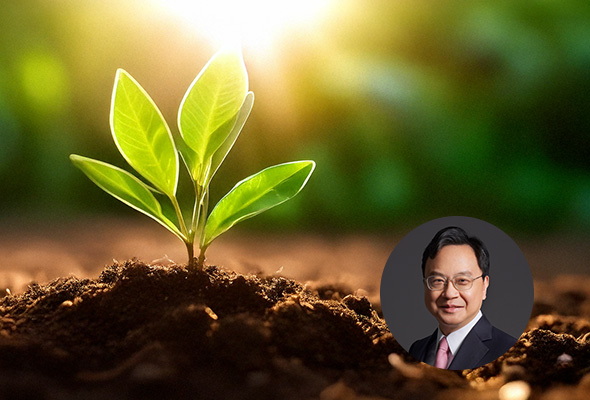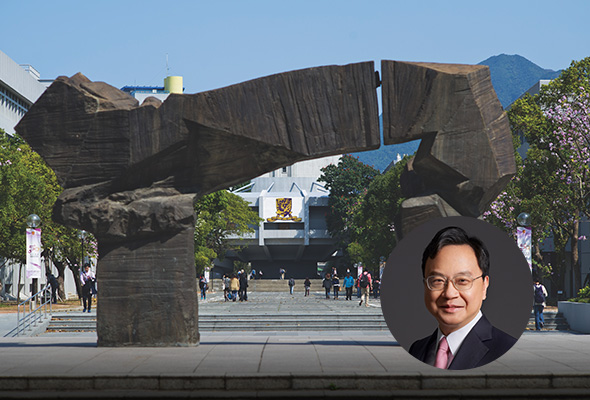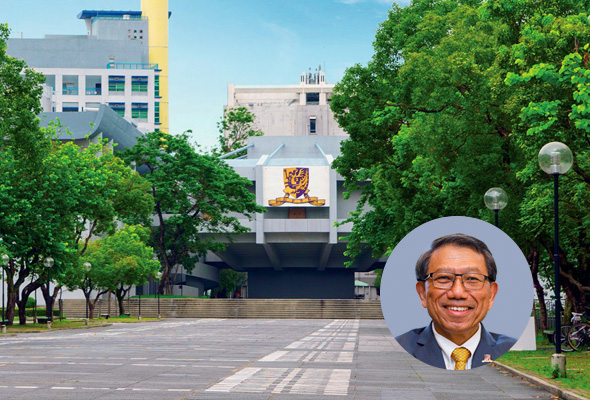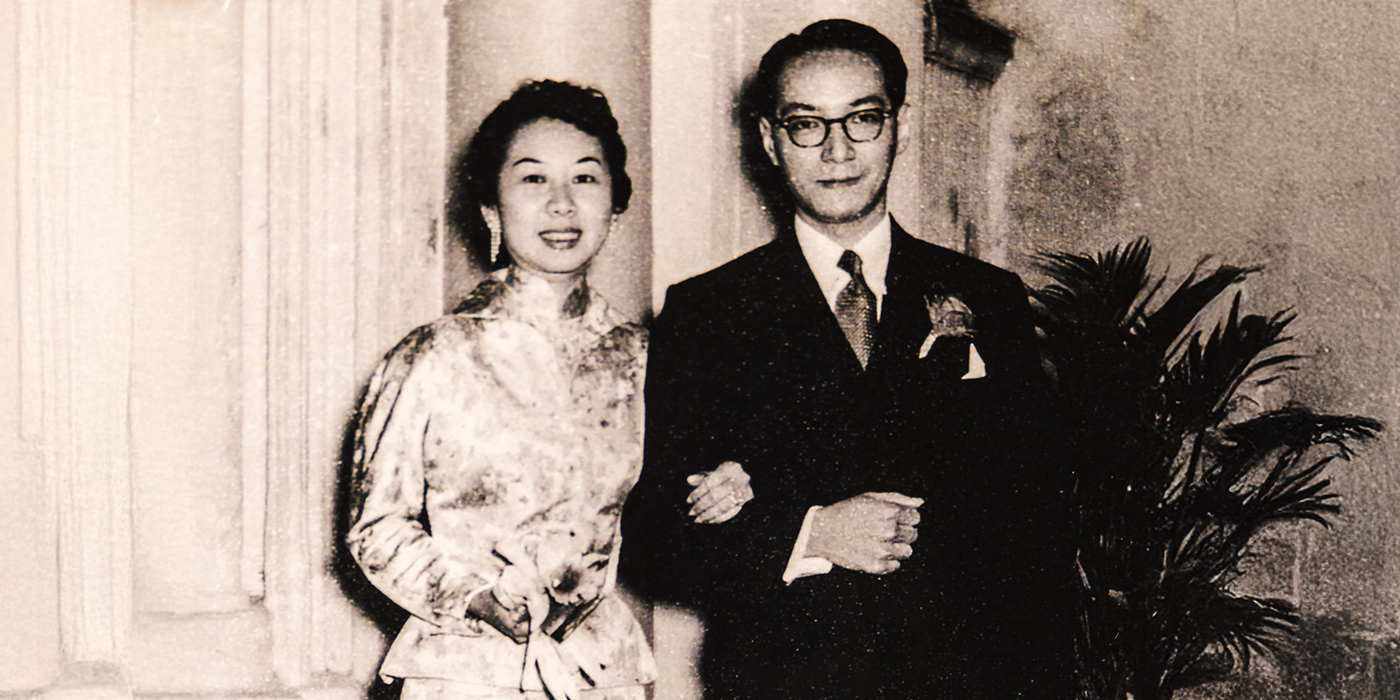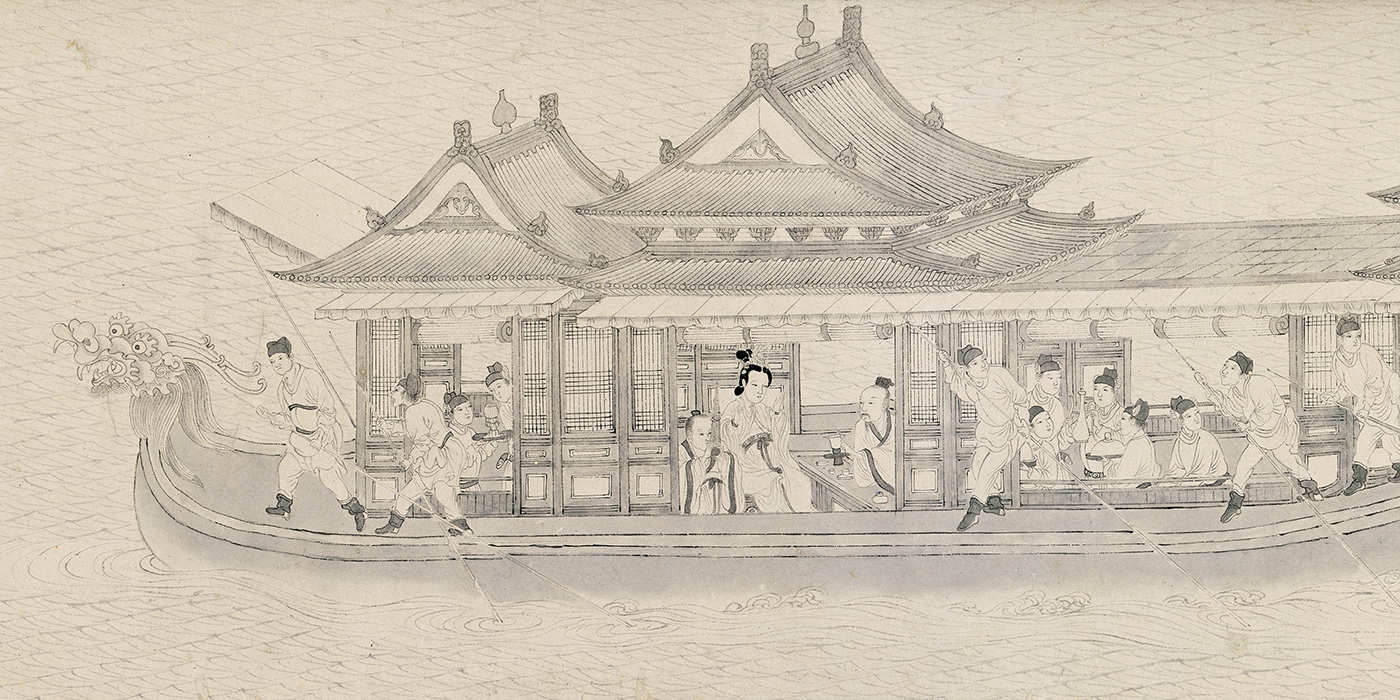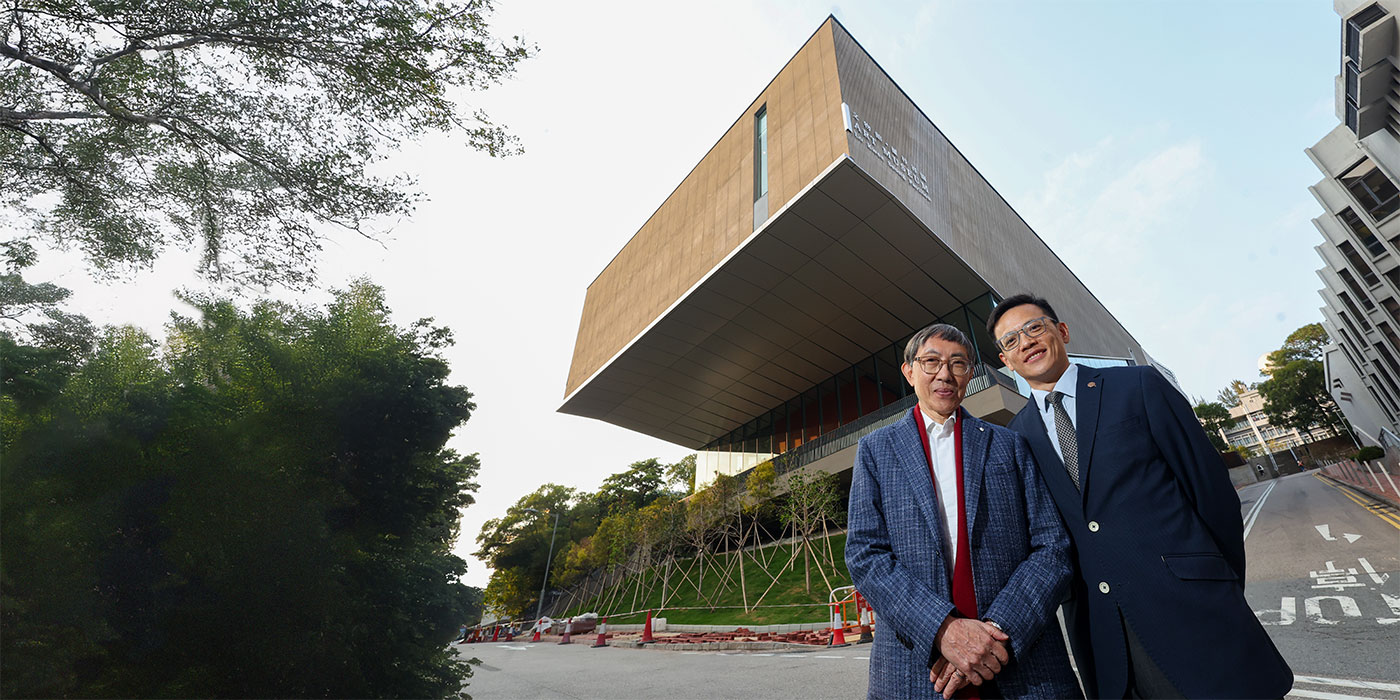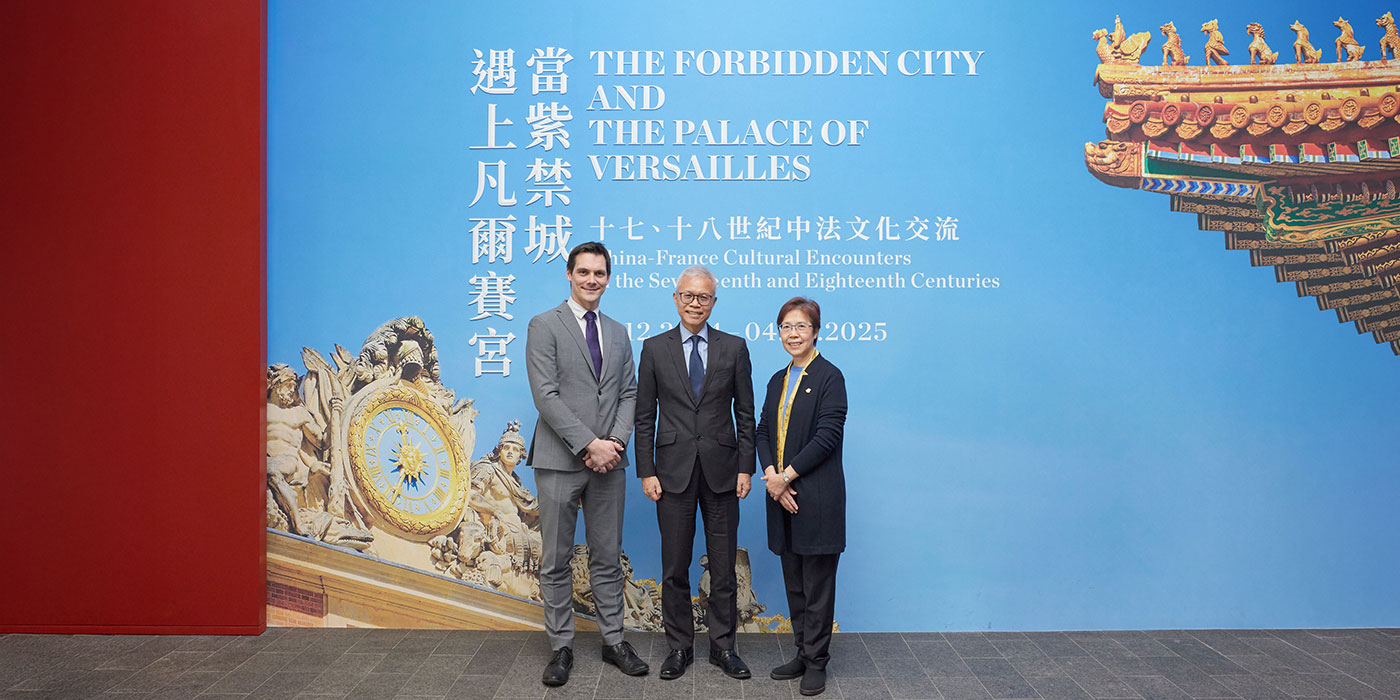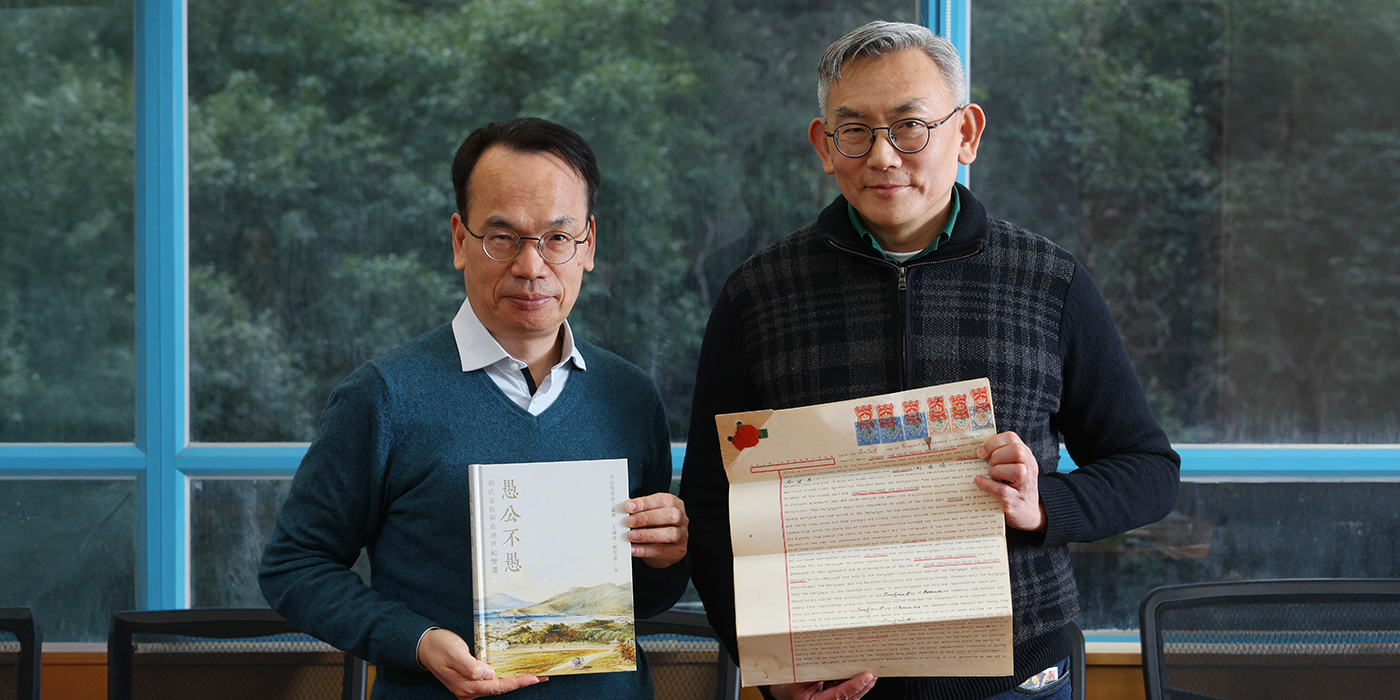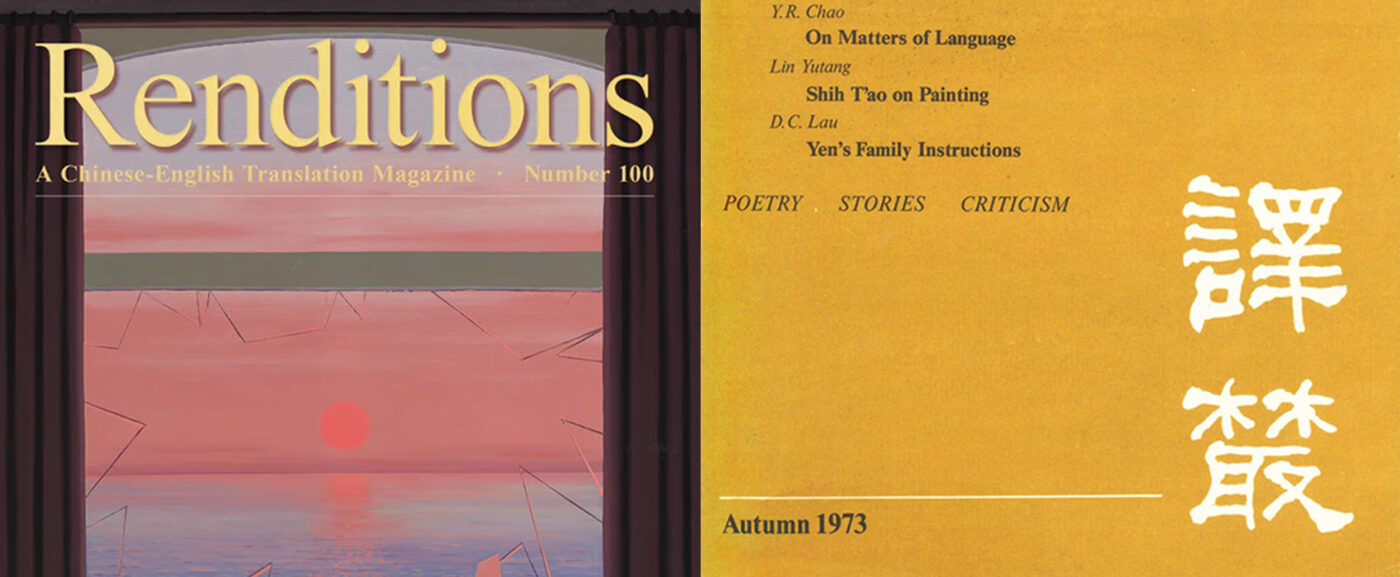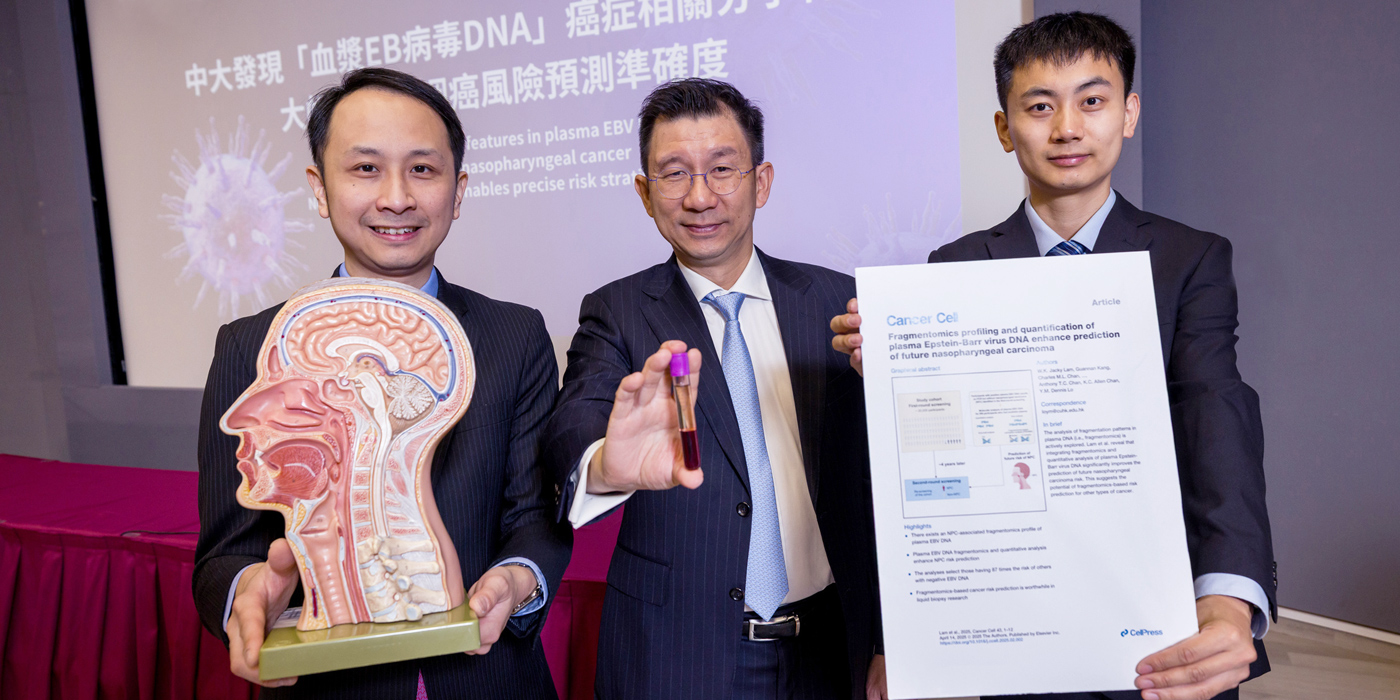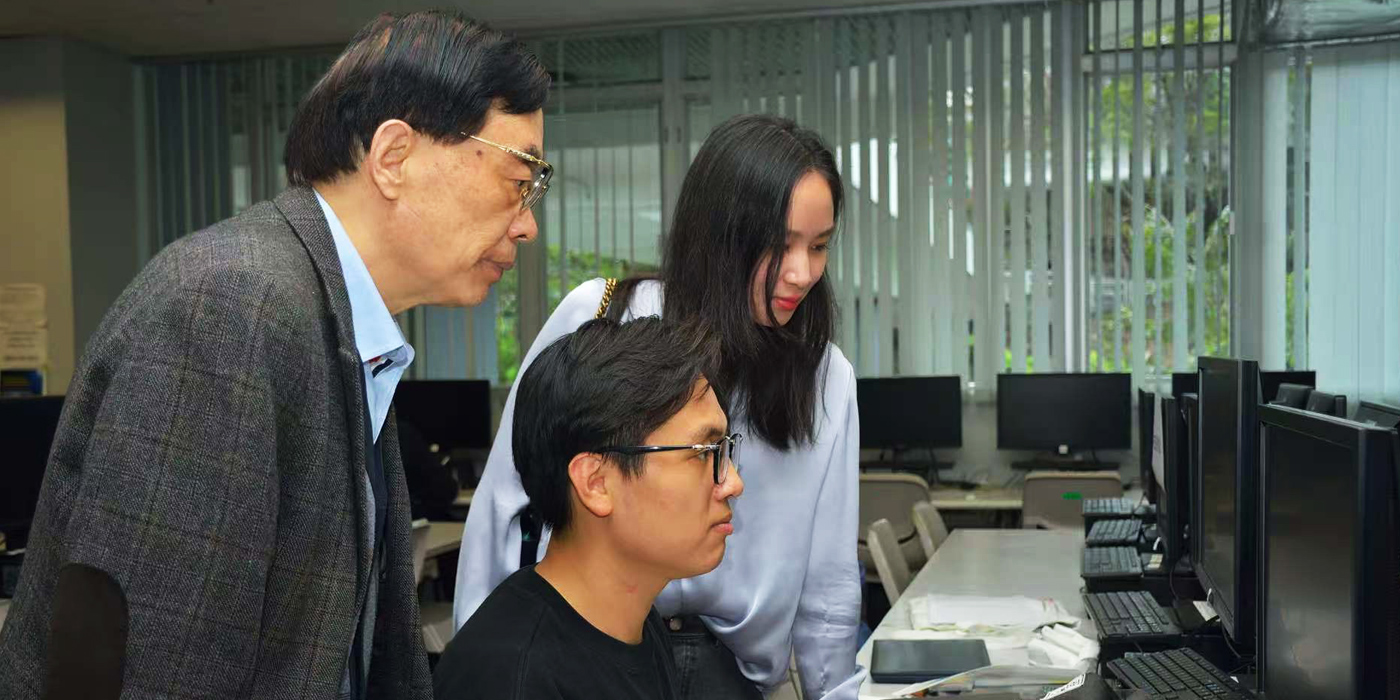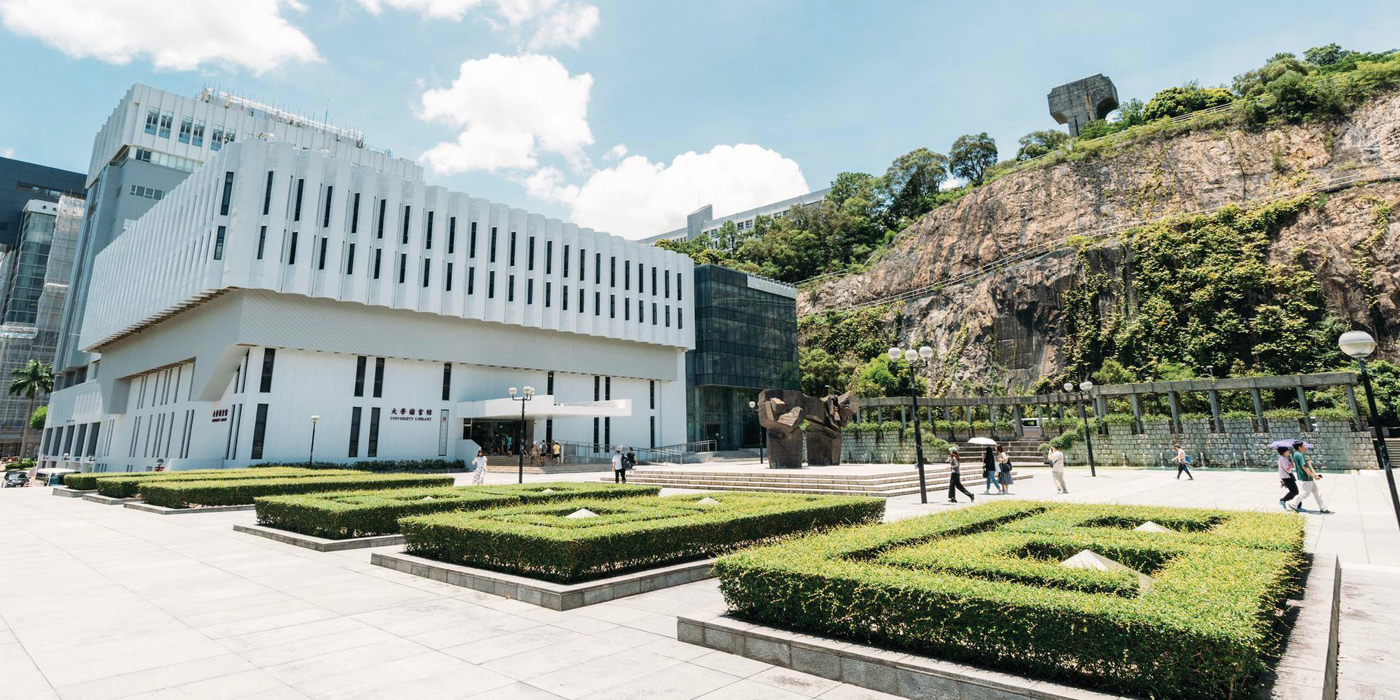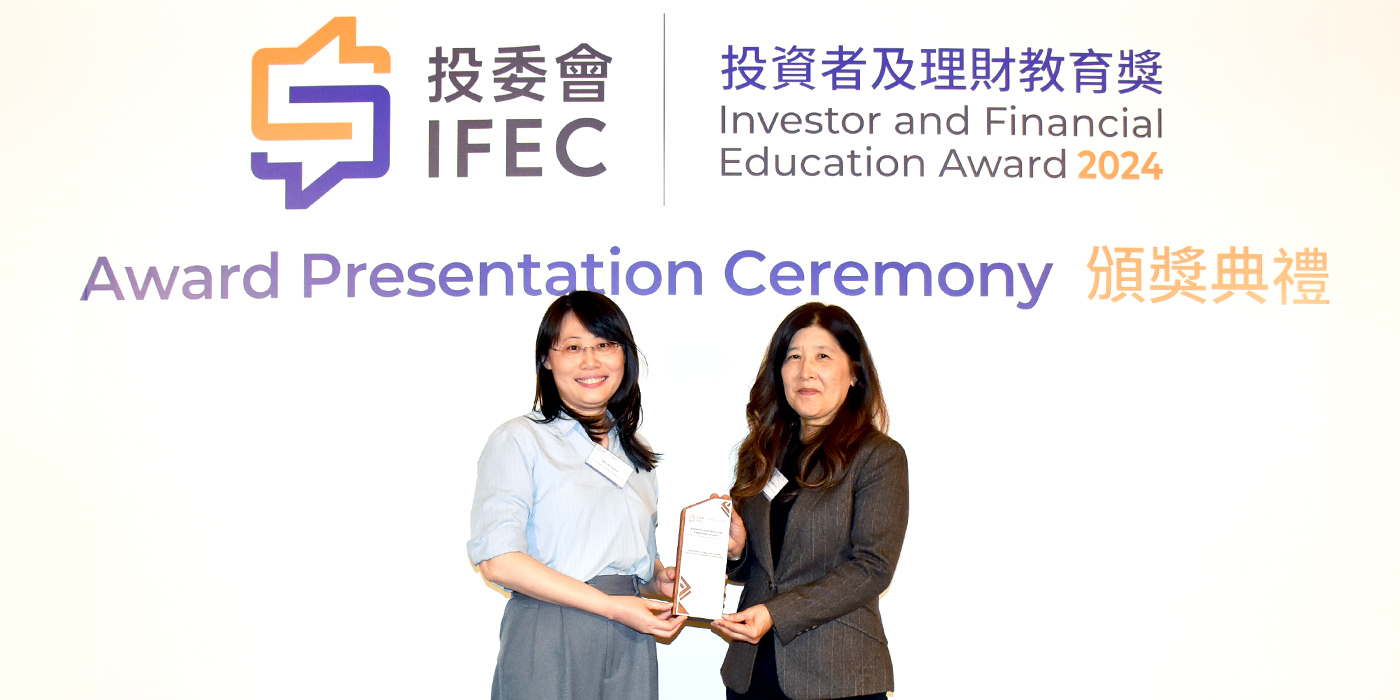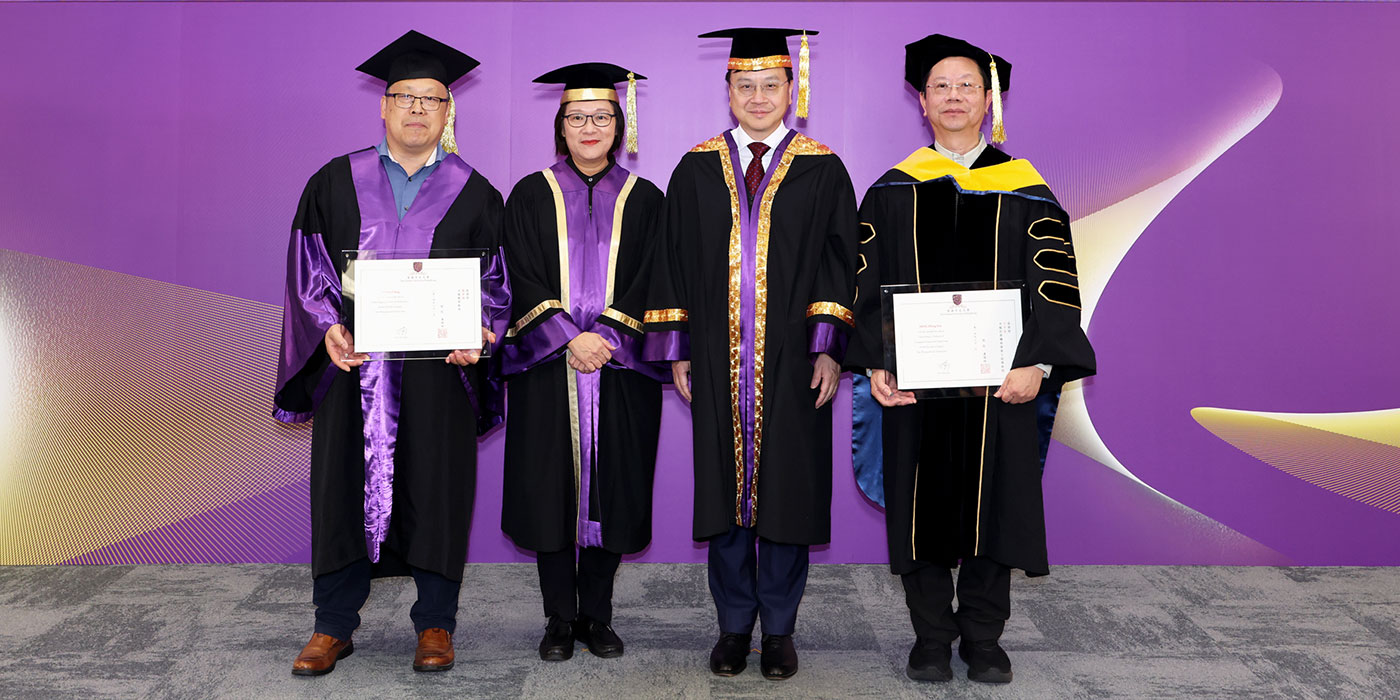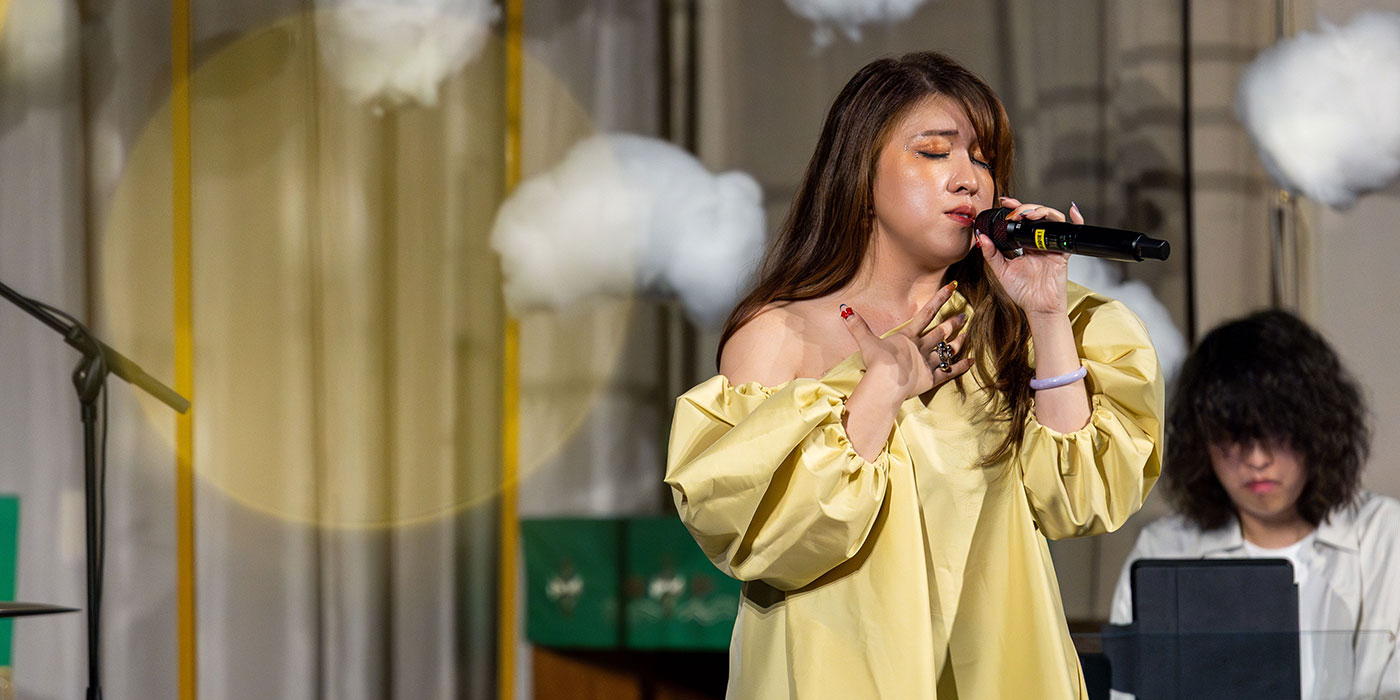The great way of learning
Ambrose King ponders the evolving nature of universities as CUHK Press republishes his classic works
“What is a university?” asks Professor Ambrose King Yeo-chi, former Vice-Chancellor and President of CUHK. “Among those who study, teach or work in a university and those who graduate from one, few have ever seriously considered this question.”
The distinguished sociologist shared his latest thoughts with the CUHK community and guests at the launch of the new edition of his book The Idea of a University on 11 November. The title, republished by the CUHK Press, combines two seminal works by Professor King: the original 1983 text with the same title and Rethinking University, published in 2017.
It was only during his time as a visiting scholar at University of Cambridge in the mid-1970s that Professor King began to deeply contemplate this fundamental inquiry. Cambridge has not only been home to renowned poets and philosophers, he noted, but has also nurtured scientific titans such as Isaac Newton, Charles Darwin and James Watson, who transformed the world.
“Cambridge scholars have influenced more than just one nation; they have shaped the entire world,” he noted. “Cambridge is a university that marries tradition with modernity. Over the past 700 years, it has changed immensely yet it retains its historical architecture and traditions.” This blend of classical charm and modern spirit captivated Professor King, prompting him to ponder what defines a university.
He further observed, “China historically had no university system. I went to the library to find publications about universities; I found few, and most were in English.” This enquiry led to Professor King’s reflections, which ultimately crystallised into his classic work The Idea of a University, a text that soon became influential across the Chinese-speaking academia and was reprinted 11 times in a few years.
The new edition of The Idea of a University offers a comprehensive reflection on universities’ vision, history and social purpose, critiquing the current overemphasis on the pursuit of scientific truth while marginalising the pursuit of goodness and aesthetics in the humanities.
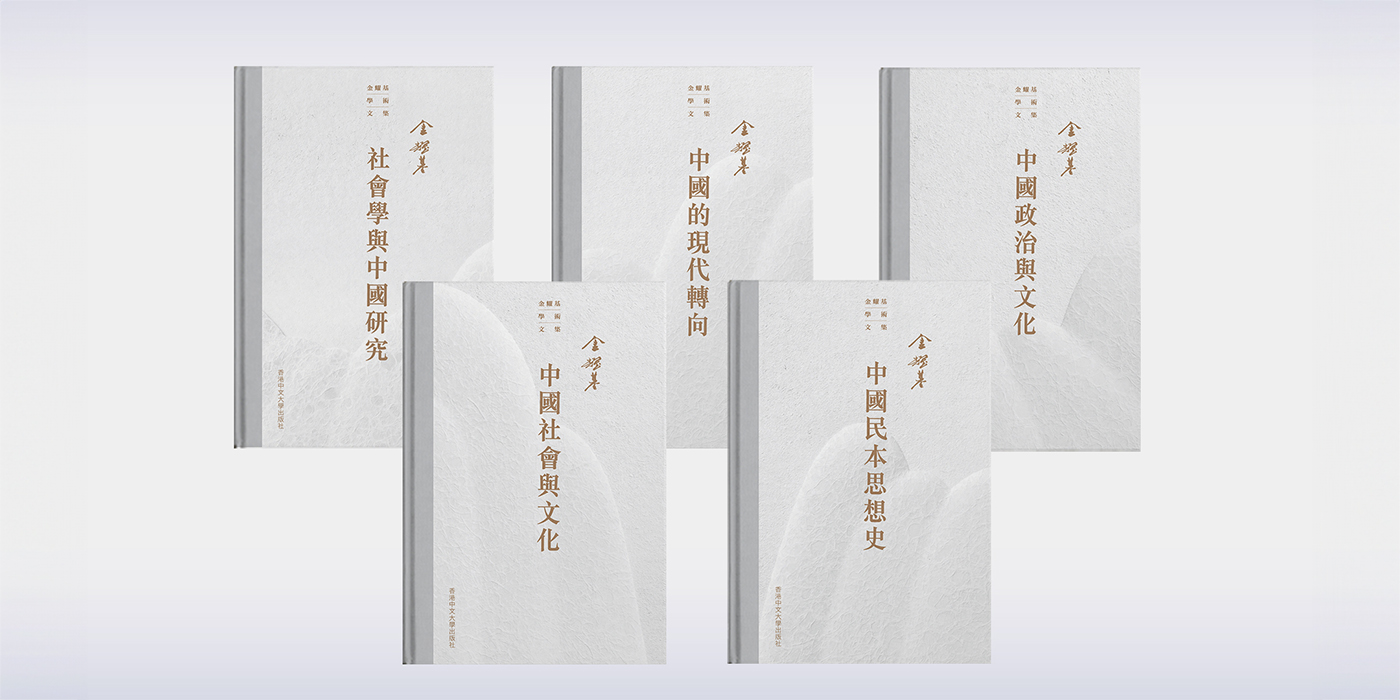
For nearly 2,000 years, from the Han Dynasty onwards, China’s imperial institution of higher learning, or Taixue, centred on the study of Confucian classics – the Four Books and Five Classics (such as The Analects and The Great Learning) – with the ultimate aim of pursuing and cultivating virtues. At the book launch, Professor King highlighted that it was not until a century ago, under the leadership of Cai Yuanpei, a former president of Peking University, that China finally underwent a transformation. Inspired by the Western model, Cai shifted the university’s focus from Confucian studies to science, changing its goal from the pursuit of “goodness” to that of “truth”. Since then, Chinese intellectuals have largely abandoned the study of Confucian texts.
Cai’s reform gave rise to the modern Chinese university and ushered in a knowledge revolution, Professor King observed. Universities nowadays meticulously specialise, with professors devoted to advancing new knowledge in particular areas, playing the role of powerhouses of research and innovation essential in a knowledge economy.
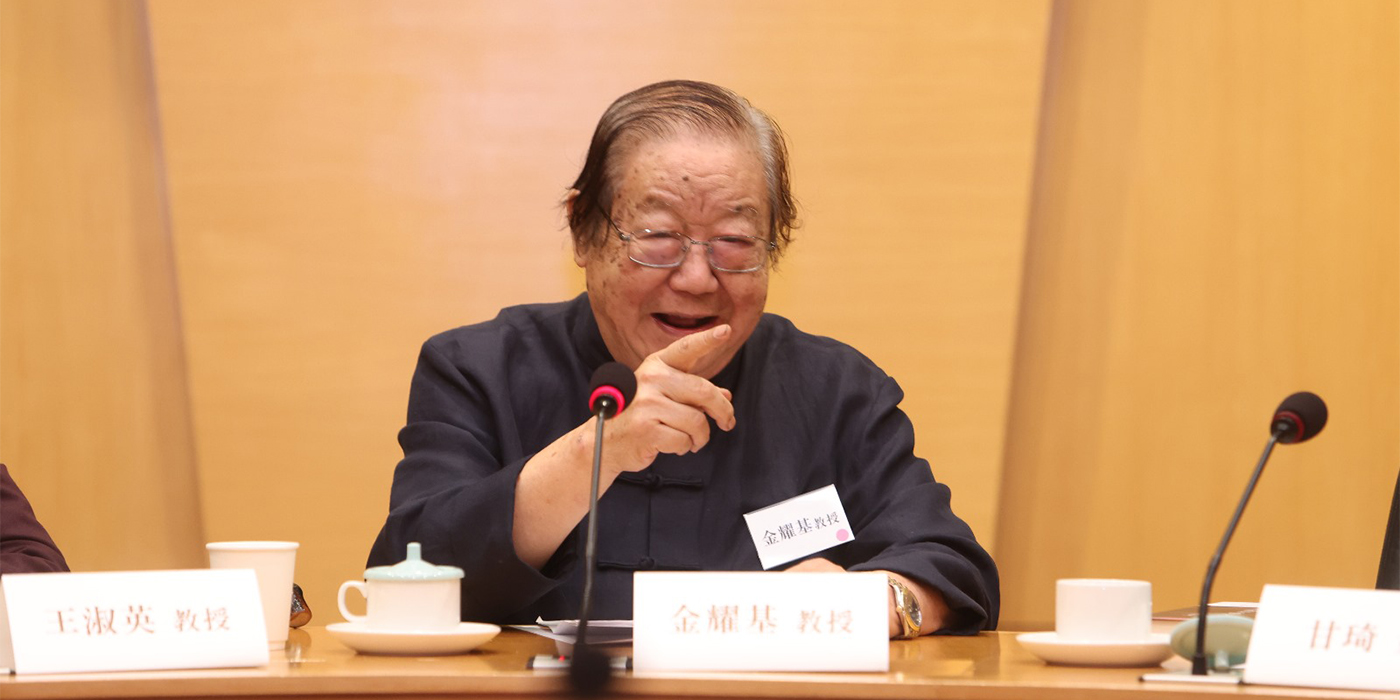
Professor King reflects: “The traditional way of great learning upheld by Chinese intellectuals for the last two centuries is, as The Great Learning puts it, ‘to illustrate illustrious virtue, to renovate the people and to rest in the highest excellence’. Today, however, this has been replaced by a new way of great learning – one focusing on illuminating scientific principles, fostering new knowledge and resting in the ultimate truth,” Professor King reflected.
However, he cautioned that as modern universities focus on scientific knowledge, moral and values education is often neglected, which is a concern across the world. Referencing the critique in Excellence Without a Soul: How a Great University Forgot Education, which points out Harvard University is globally renowned for its research but neglects values education, Professor King argued that modern universities have sometimes forgotten their duty to educate students in matters of right and wrong. While diversity and inclusion are valuable, he warns that an extreme form of relativism, devoid of moral discernment, poses a genuine danger.
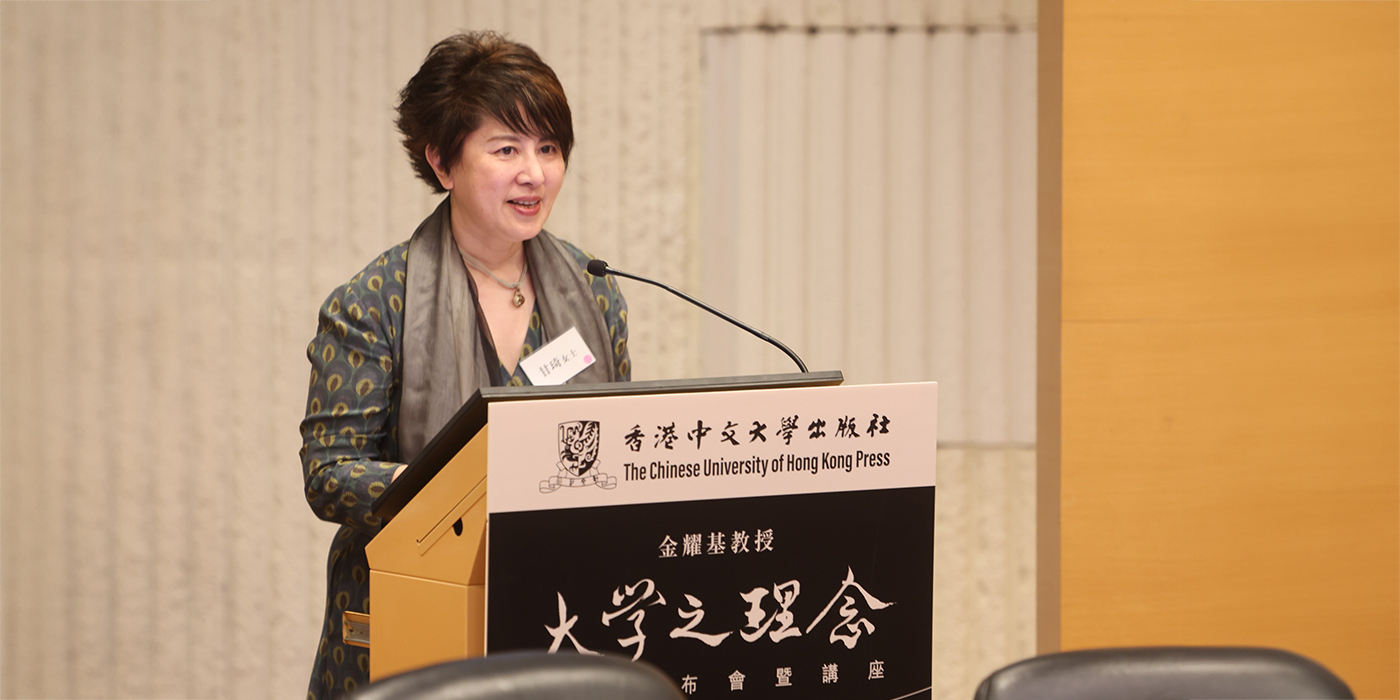
Since its founding, CUHK has aspired to become a great university, upholding strong values education and reflecting this commitment in its dedication to general education, Professor King noted. Looking towards CUHK’s future, Professor King said he was glad to see the University will have Professor Dennis Lo Yuk-ming, a distinguished scientist and Cambridge alumnus, as its next Vice-Chancellor. He believes Professor Lo appreciates the true value of a university and will do his best to uphold it.
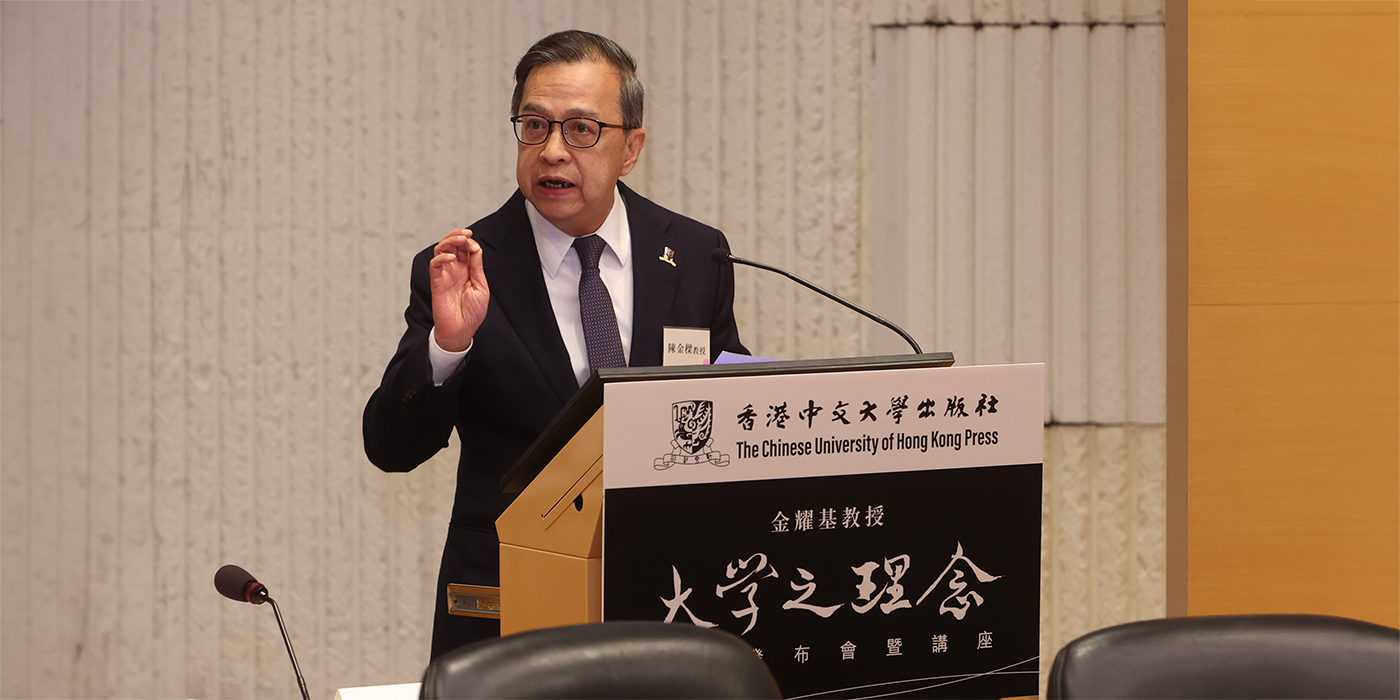
Professor King continued to pursue his humanistic interests after stepping down from his duties two decades ago. He has a passion for Chinese calligraphy; his unique, powerful calligraphic style has been recognised as the “King Style”. He also remains keen to inspire others. Last month, he served as the first United College Hop Wai Artist in Residence at CUHK, introducing students to the history, essence and future of the art of Chinese calligraphy, and also shared his experience and skills in calligraphy with students, staff and alumni at a workshop held by the CUHK Art Museum.
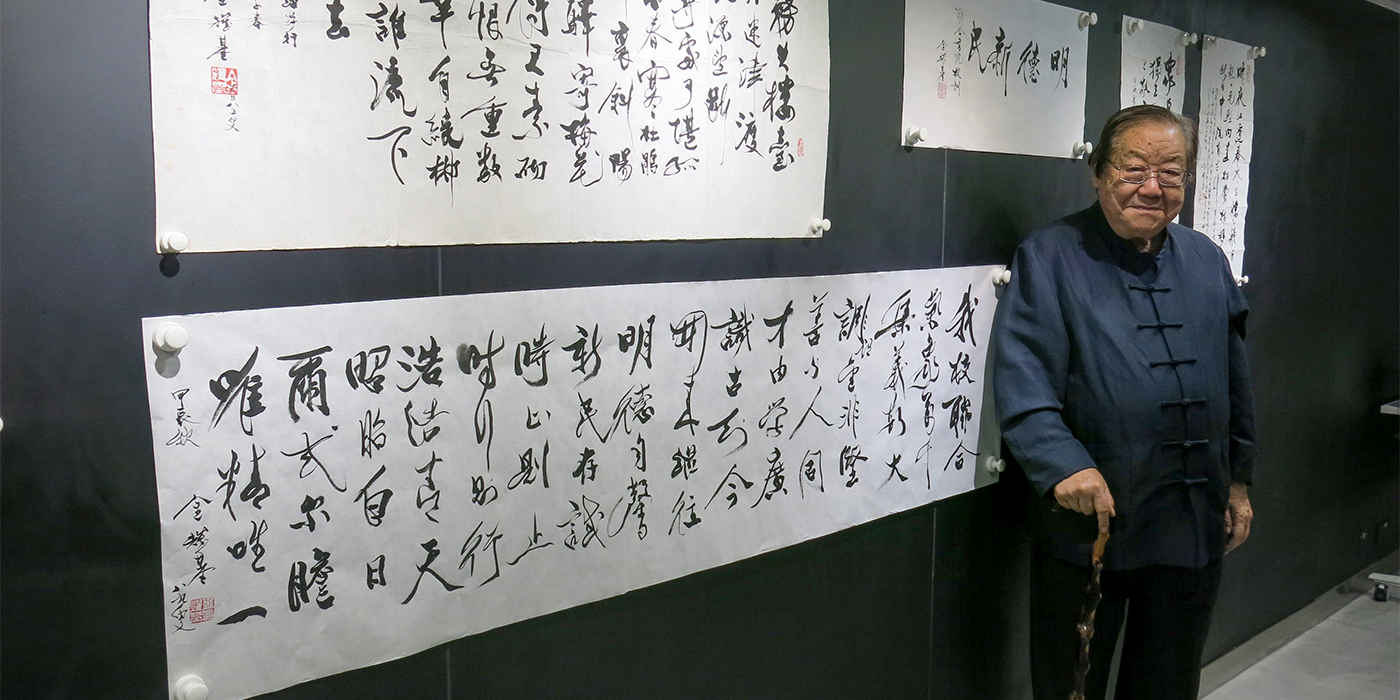
Professor King has long been dedicated to the future of sociology in China. He has once stated, “When it comes to China’s modernisation movement, we have no right to be mere spectators.” He posited that Western modernity, along with its discipline of sociology, emerged from the transition from agrarian to industrial civilisations, the transformation that also precipitated two world wars and various industrial challenges. He believes that Chinese intellectuals must draw upon Western experiences to construct a unique modernity for China, asserting that it is impossible to entirely discard traditional culture in this process, and that the true value of sociology in China lies in exploring how to assist China’s development towards an ideal modern civilisational character.
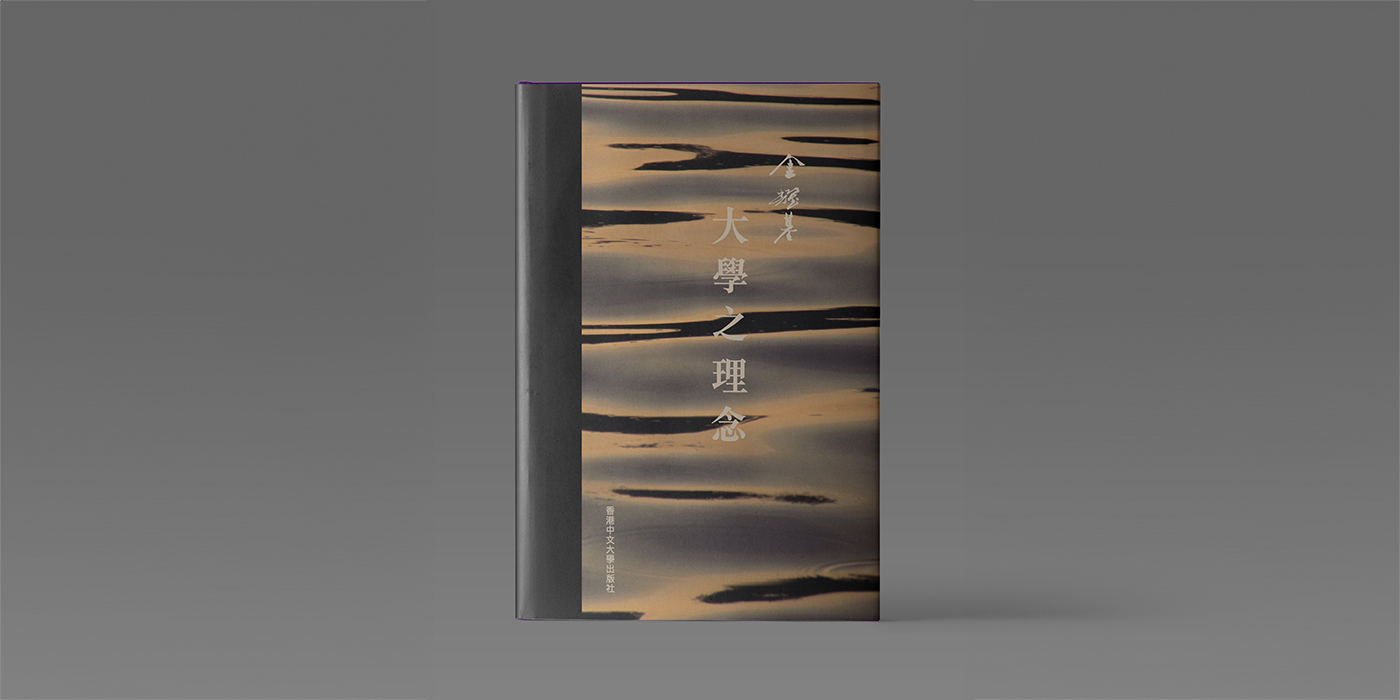
| Title | The Idea of a University |
| Author | Ambrose King Yeo-chi |
| ISBN | 978-988-237-329-7 |
| Price | HK$200 |
By Jessica Chu
Photos courtesy of CUHK Press and United College

